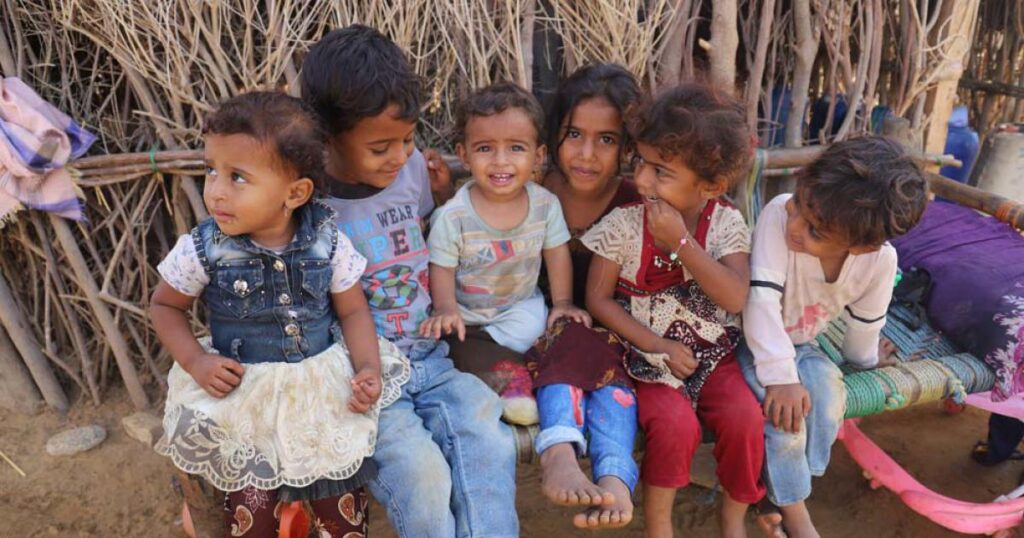With the start of the new school year, the United Nations Children’s Fund (UNICEF) declared that Yemen is in the grip of an acute educational crisis, noting that the conflict and frequent interruptions in education throughout the country, as well as the fragmentation of the education system, have had a profound impact on learning and, more broadly, cognitive and emotional development. and the mental health of Yemen’s 10.6 million school-age children
According to UNICEF, more than two million children are not attending school, an increase of over half a million since the conflict began. Since 2014, an armed war has raged in Yemen between Iran-supported Houthi rebels and government troops backed by a Saudi-led military coalition. According to UN statistics, the war killed hundreds of thousands of people either directly or indirectly.
Multiple displacements, isolated schools, safety and security issues, including explosive risks, a dearth of female instructors, and a lack of water and sanitation facilities, according to UNICEF, are compounding the education problem. According to the Agence France-Presse news agency, poor economic situations are forcing many youngsters to labour to aid their families in a country threatened by hunger, rather than returning to school with the start of the new school year.
Yemen’s Ministry of Education stated in July that the new school year will begin on August 7 for all academic levels. According to the organisation, at least one out of every four schools is inoperable owing to the seven-year conflict.
constructing clay barricades to shield kids from Houthi snipers in Taiz
It tracked schoolchildren on their way to school in Al-Hodeidah Governorate, on the Red Sea coast, in regions endangered by mines, which have killed a number of youngsters in recent months.
Students studied and wrote on the open ground adjacent to their wrecked school, while others carried their books in plastic bags. Schools in the Houthi-controlled capital, Sanaa, opened its doors to thousands of students who resumed studies this year after a vacation that had lasted since the beginning of the war, taking advantage of the truce signed on April 2nd.
The UN-sponsored truce allowed for a respite of hostilities and steps aimed at improving the population’s tough living conditions in the midst of one of the world’s greatest humanitarian crises. More than 500,000 male and female pupils attended to school in Taiz last week, despite the terrible conditions.
According to Abdul Wasa Shaddad, the head of the Education Office in Taiz Governorate, the siege has hampered the shipment of essential school supplies, including textbooks. This location. And earth barriers are put up to keep pupils safe when they go to school, where they are occasionally targeted by sniper fire, which can hit them even while they are in the bus.
Taiz, surrounded by mountains and home to around 600,000 people, is under government authority, yet the insurgents remain active. They’ve besieged it for years and bombarded it often, making it one of the war’s most devastated cities. Families report that transportation expenses have quadrupled as a result of the numerous checkpoints and diversions, which further hinder the delivery of humanitarian goods and deny many Yemenis access to essential services.
Yemeni youngsters are dropping out of school due to war and poverty.

